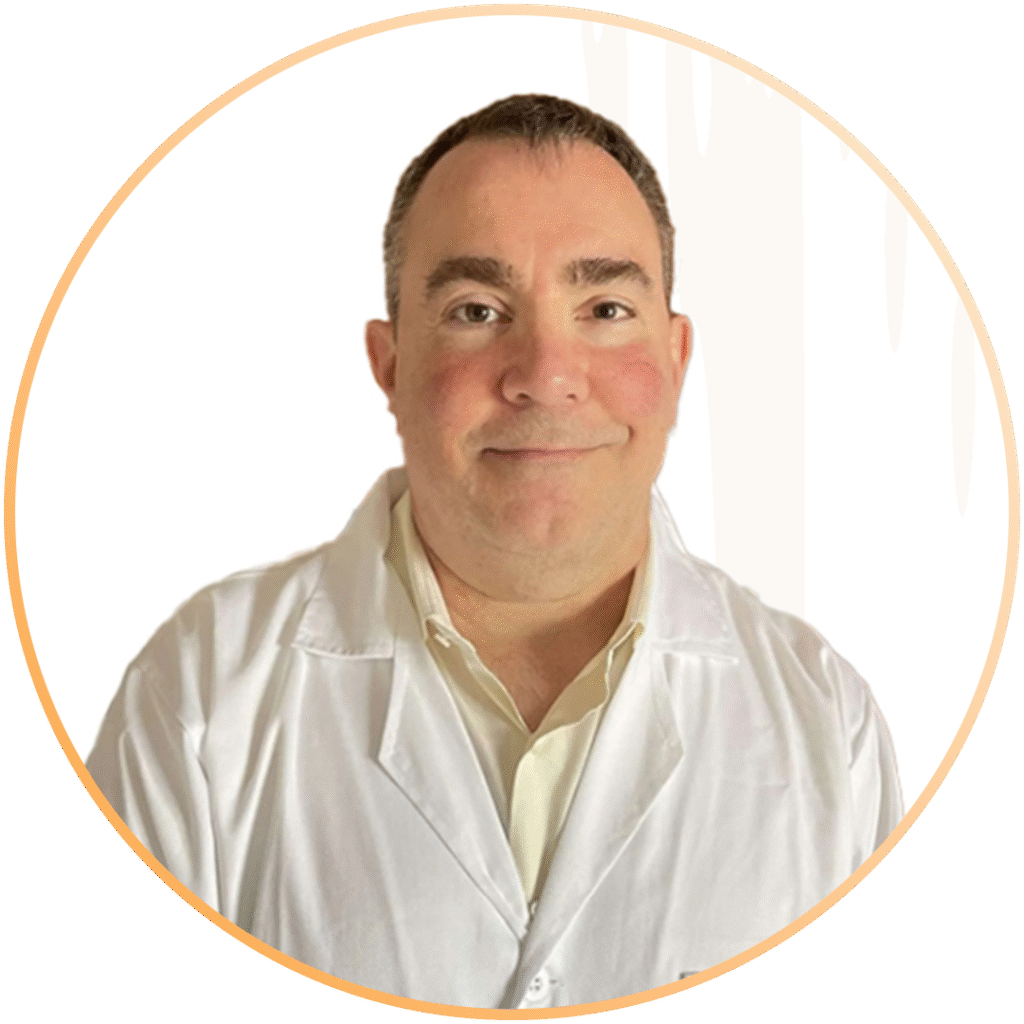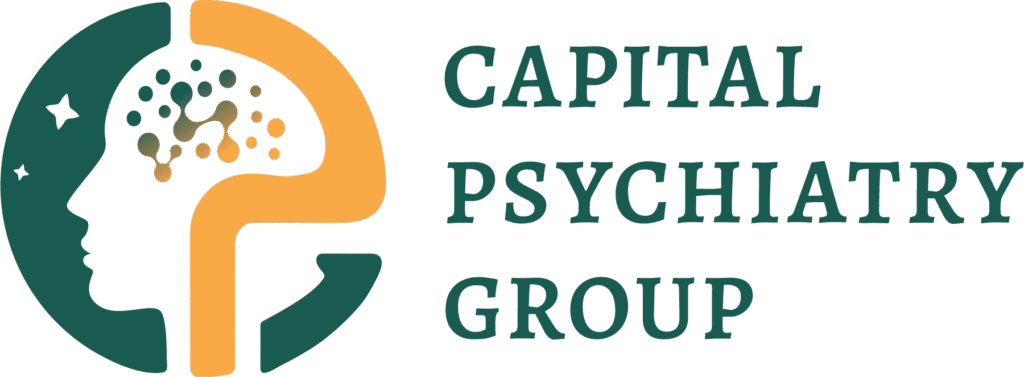
Have you ever met someone who has recently experienced mild depression and says, “I’ve just always been this way.” Many people live with the signs of Persistent Depressive Disorder (PDD), also called dysthymia, without acknowledging it’s a recognized medical condition. It is like other depressive disorders, but its symptoms are mild and last for years. In the long term, it disturbs life in many ways, like losing confidence, motivation, and more
Every day, we hear words like “just be positive,” but one can’t go on and start living a healthier life with verbal affirmations alone. PDD/dysthymia stays for years and causes a permanent sense of isolation, with many other symptoms that stick. But remember this isn’t a character flaw, and you are not alone. The mental health professionals of Capital Psychiatry Group specialize in the treatment of PDD via in-person clinics and online.
In this read, I’ll help you understand what PDD is, its causes, and its long-term impacts. Moreover, we will also learn about treatment options.
Did You Know?
What is Persistent Depressive Disorder?
If we compare persistent depressive disorder vs major depressive disorder, there are many similarities. The key differences are that PDD symptoms are less severe and last longer. In comparison, MDD symptoms are more severe and sudden.
Because of mild symptoms, PDD/dysthymia is often overlooked. People may say “nah, it’s just a low feeling,” but research has shown that its long-term impacts are significant.
Persistent Depressive Disorder Symptoms
The symptoms of persistent depressive disorder emerge slowly with time and affect daily life in many ways. As they last for years, many people simply accept these changes as part of their personalities. But these signs, if persistent, must not be ignored.
- Constant fatigue
- Recurring sleep problems
- Appetite changes
- Low self-esteem
- Difficulty concentrating
- Feelings of worthlessness
- Trouble in making decisions
- Feelings of guilt and worries
- Avoidance of social activities
- Persistent feelings of hopelessness
- Feeling depressed for most of the day
- Less pleasure in things once enjoyed
Feeling low for years? It’s Treatable.
Persistent depressive disorder is often overlooked because of its mild symptoms. Get evaluated according to DSM-5 criteria and start a plan tailored to you, telehealth or in-person.
The Causes of Persistent Depressive Disorder
Persistent Depressive Disorder (PDD) is a complex disorder, and there is no single cause. There are many reasons for PDD. Understanding these causes helps people identify their risk and work toward a clinical solution sooner.
- PDD is linked to biological factors, but the precise pathophysiology remains unclear.
- Childhood emotional/physical abuse, neglect, and maltreatment are repeatedly associated with PDD.
- Ongoing stress, e.g., financial/relationship, is also a contributing cause of persistent depression.
- Social withdrawal, low support from the social circle, as well as other social reasons, are also linked to persistent depressive disorder.
How is Persistent Depressive Disorder Diagnosed?
PDD diagnosis is challenging because of its mild symptomatic traits. At the initial stages, symptoms are not obvious.
That is why the board-certified psychiatrists and psychiatrists of Capital Psychiatry Group assist you in identifying persistent depressive disorder according to the DSM-5 criteria through in-person evaluations and via telepsychiatry.
PDD DSM-5 Criteria
Persistent depressive disorder in teenagers/adults is different. As per the DSM-5 criteria, the patients feel depressed most of the day. At least two years in adults or one year in children and teens.
There should be at least two additional symptoms that persist during that period, such as fatigue, poor concentration, low self-esteem, appetite or sleep problems, and others. Importantly, symptoms can come and go, but don’t fully disappear for more than two months.
There should be at least two additional symptoms that persist during that period, such as fatigue, poor concentration, low self-esteem, appetite or sleep problems, and others. Importantly, symptoms can come and go, but don’t fully disappear for more than two months.
Clinical Evaluation
Clinicians use authentic screening tools such as the PHQ-9 for assessment. Providers undergo a review of their personal history, including social and family factors. It helps them understand how long the symptoms have been present and how deeply they affect their daily life.
To confirm dysthymia, providers must rule out other medical conditions, such as thyroid disorders or vitamin deficiencies.
PDD Treatment Across New Jersey
Meet board-certified psychiatrists of CPG who recognize your quieter signs of chronic depression. Start care via secure telehealth and leave with a personalized plan.
Persistent Depressive Disorder Treatments
The treatment for persistent depressive disorder takes time. Mental health professionals (Psychiatrists and Psychologists) of CPG will deliver therapies, medication, and lifestyle changes.
Psychotherapy Approaches
Talk therapy is one of the most effective treatment options, including intensive outpatient therapy for depression. CBT therapy is the most effective therapy for depressive disorder and is often considered the current gold standard for psychotherapy. It focuses on negative thinking and turns it into positive thinking.
- Mindfulness-Based Cognitive Therapy (MBCT) for PDD
- Behavioral Therapy for PDD
- Dialectical Behavioral Therapy (DBT) for PDD
- Supportive Psychotherapy for PDD
- Psychotherapy for PDD
- Person-Centered Therapy for PDD
- Motivational Interviewing for PDD
- Relapse Prevention Therapy for PDD
- Depression therapy programs
Other therapies, such as Interpersonal Psychotherapy (IPT), work on relationship stress, and Cognitive Behavioral Analysis System of Psychotherapy (CBASP) is specifically for chronic depression.
Medications (SSRIs, SNRIs, Tricyclics)
Clinicians prescribe SSRIs and SNRIs to address the symptoms. They adjust brain chemistry; it takes time (weeks/months) to show results.
Note: This is not medical advice and is not equivalent to the doctor’s evaluations.
Lifestyle and Daily Routine Strategies
Exercise, meditation, proper sleep, and less usage of alcohol/drugs also help. When integrated with a treatment plan, it makes therapy and medication work better.
Combination Treatment (Why It Works Best)
Research indicates that combining therapy and medication yields more effective results. That is why CPG provides both in-person and telepsychiatry care for MDD.
Emerging Therapies (For Treatment-Resistant Cases)
Most people with Persistent Depressive Disorder get better with the help of psychotherapy and/or medication. But some people who don’t get effective results from these options look for different treatment plans. Clinical researchers are also exploring new treatment options, and these are some.
Repetitive Transcranial Magnetic Stimulation (rTMS)
It is an FDA-approved form of treatment for major depressive disorder. It is a non-invasive brain stimulation treatment that uses magnetic pulses that target brain areas related to mood. While not yet studied as much in PDD specifically, some patients with long-term depression may benefit.
Neurosteroid-based medications
These drugs (Brexanolone, Zuranolone) have recently been approved by the FDA for postpartum use. These drugs work on brain parts that are linked to mood. They show benefits in depression, though more research is needed to confirm their role in PDD.
Novel drug agents (in trials)
There are a number of new medicines that are in clinical trials, which include compounds that target brain chemicals. These are not approved yet, but they show how treatment options for people who don’t get better from standard options are improving.
Note: These options are not first-line for PDD. If standard therapies don’t help, patients should talk to a psychiatrist for treatment options.
Note: These options are not first-line for PDD. If standard therapies don’t help, patients should talk to a psychiatrist for treatment options.
Expert Insights
The best outcomes usually come from a combination of therapy, medication, and strong social support.
Why Choose Capital Psychiatry Group for PDD
The board-certified provider of Capital Psychiatry Group understands and recognizes the mild symptoms of PDD. We provide a holistic (therapy+medication) treatment plan that is responsive and effective.
What Sets Us Apart
- All insurance accepted
- Walk-in & weekend appointments
- 7+ in-person NJ clinics and increasing
- Board-certified psychiatrists & psychologists
- Same-day appointments
- HIPAA-compliant telepsychiatry
- Personalized care plans for PDD
- Evidence-informed medication
- Specialized therapies (CBT, MBCT, DBT)
- Evidence-based clinical evaluation
Takeaways
Persistent Depressive Disorder symptoms are milder and last for a long time. People might be living with the PDD symptoms but not recognize them. Over time, they start disrupting their life with less noticeable impacts. But in the long term, they grow and turn into mild to moderate chronic depression.
It is not possible to diagnose PDD without professional intervention. Early diagnosis of symptoms is essential for better outcomes. The treatment options include medication, lifestyle change, therapy, including CBT, and mixed approaches (the most effective one).
How we reviewed this article:
CPG experts follow strict sourcing standards, using peer-reviewed research, academic institutions,
and trusted medical journals. Only reliable, evidence-based sources are cited to maintain accuracy and integrity.
- https://www.ncbi.nlm.nih.gov/books/NBK541052/
- https://www.sciencedirect.com/science/article/abs/pii/S0165032718310371
- https://evidence.nihr.ac.uk/alert/combined-drug-and-psychological-therapies-may-be-most-effective-for-depression/
- https://www.frontiersin.org/journals/psychiatry/articles/10.3389/fpsyt.2025.1513339/full
- https://www.sciencedirect.com/science/article/abs/pii/S0306452225003847
- https://www.sciencedirect.com/science/article/abs/pii/S2451965022000254
- https://pmc.ncbi.nlm.nih.gov/articles/PMC5797481/
Our Review Standards
Our team regularly reviews health and wellness writings. Updates are made on the availability of new & authentic information.
Our Editorial Team
Clinical Adviser:
Author:
Frequently Asked Questions
How common is Persistent Depressive Disorder?
What is “double depression”?
When a person with PDD experiences a major depressive episode on top of their chronic symptoms, that is when depression is called double depression.
What’s the difference between DSM-5 and ICD-10 definitions?
DSM-5 merged dysthymia and chronic major depression into one category, PDD. ICD-10 still uses the older term “dysthymia,” which partly explains the different prevalence estimates.
What treatments are most effective for PDD?
Research shows that combination therapy (antidepressants + psychotherapy) works best.
What is the outlook for people with PDD?
PDD usually lasts for a long time, but you can get better with consistent treatment. If it’s not treated, the chances that your PDD will develop into major depression, anxiety, and more increase. Even harmful thoughts increase. That’s why getting help early is very important.



